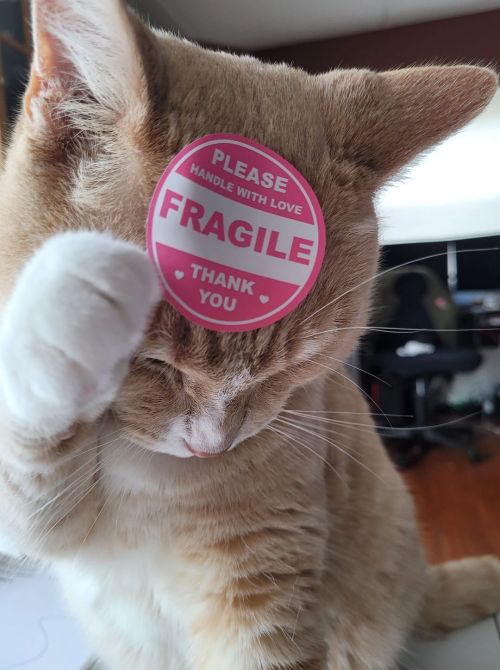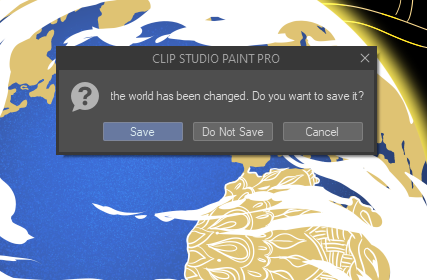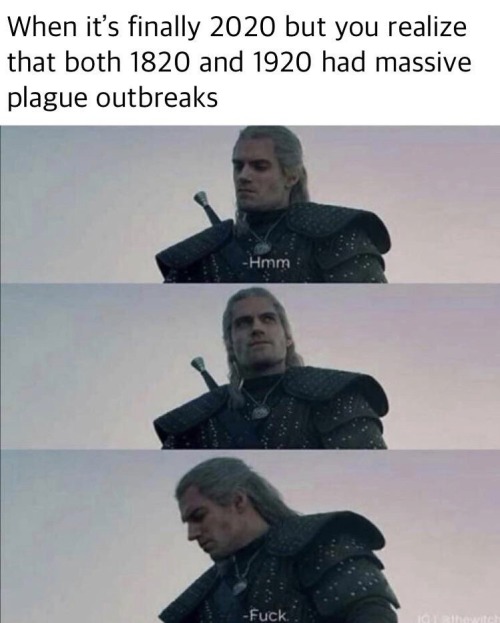There Is No Shame In Loving Without Abandon. ✌️❤️

There is no shame in loving without abandon. ✌️❤️
More Posts from Wolfspoot and Others
You don't have to force yourself to bounce back so quickly. I read something recently that said "when you come in from a rainstorm, you don't expect yourself to be dry and warm right away", and it really resonated with me. It's okay to take time to dry off and warm up. Take the time you need to process what happened to you.
I turn 30 next month so here’s what I learned in my 20s:
—don’t work for startups, they’re always one ‘innovative idea’ away adding ‘sell your kidneys on the black market’ to your job description.
—keeping a collection of basic OTC medicine on you will save your life one day. I recommend Advil, Imodium, and TUMS.
—those little single-use glasses cleaning wipes are 1000% worth the money
—overly self-depreciating jokes just make people uncomfortable, wean yourself off of them
—you can buy dehydrated mini marshmallows in bulk online and they’re a godsend for hot cocoa
—people don’t care if you have fidget toys on your desk they just want to play with them
—try to go to bed BEFORE the existential ennui kicks in

"Clothing tags, travel cards, hotel room key cards, parcel labels … a whole host of components in supply chains of everything from cars to clothes. What do they have in common? RFID tags.
Every RFID (Radio Frequency Identification) tag contains a microchip and a tiny metal strip of an antenna. A cool 18bn of these are made – and disposed of – each year. And with demands for product traceability increasing, ironically in part because of concerns for the social and environmental health of the supply chain, that’s set to soar.
And guess where most of these tags end up? Yup, landfill – adding to the burgeoning volumes of e-waste polluting our soils, rivers and skies. It’s a sorry tale, but it’s one in which two young graduates of Imperial College London and Royal College of Art are putting a great big green twist. Under the name of PulpaTronics, Chloe So and Barna Soma Biro reckon they’ve hit on a beguilingly simple sounding solution: make the tags out of paper. No plastic, no chips, no metal strips. Just paper, pure and … simple … ? Well, not quite, as we shall see.
The apparent simplicity is achieved by some pretty cutting-edge technical innovation, aimed at stripping away both the metal antennae and the chips. If you can get rid of those, as Biro explains, you solve the e-waste problem at a stroke. But getting rid of things isn’t the typical approach to technical solutions, he adds. “I read a paper in Nature that set out how humans have a bias for solving problems through addition – by adding something new, rather than removing complexity, even if that’s the best approach.”
And adding stuff to a world already stuffed, as it were, can create more problems than it solves. “So that became one of the guiding principles of PulpaTronics”, he says: stripping things down “to the bare minimum, where they are still functional, but have as low an environmental impact as possible”.
...how did they achieve this magical simplification? The answer lies in lasers: these turn the paper into a conductive material, Biro explains, printing a pattern on the surface that can be ‘read’ by a scanner, rather like a QR code. It sounds like frontier technology, but it works, and PulpaTronics have patents pending to protect it.
The resulting tag comes in two forms: in one, there is still a microchip, so that it can be read by existing scanners of the sort common within retailers, for example. The more advanced version does away with the chip altogether. This will need a different kind of scanner, currently in development, which PulpaTronics envisages issuing licences for others to manufacture.
Crucially, the cost of both versions is significantly cheaper than existing RFID kit – making this a highly viable proposition. Then there are the carbon savings: up to 70% for the chipless version – so a no-brainer from a sustainability viewpoint too. All the same, industry interest was slow to start with but when PulpaTronics won a coveted Dezeen magazine award in late 2023, it snowballed, says So. Big brands such as UPS, DHL, Marks & Spencer and Decathlon came calling. “We were just bombarded.” Brands were fascinated by the innovation, she says, but even more by the price point, “because, like any business, they knew that green products can’t come with a premium”."
-via Positive.News, April 29, 2024
--
Note: I know it's still in the very early stages, but this is such a relief to see in the context of the environmental and human rights bullshit associated with lithium mining, and the way that EVs and other green infrastructure are massively increasing the demand for rare metals.
I'll take a future with paper-based, more humane alternatives for sure! Fingers crossed this keeps developing and develops well (and quickly).
-
 blue-brained-loon reblogged this · 1 week ago
blue-brained-loon reblogged this · 1 week ago -
 chessypuffs liked this · 1 week ago
chessypuffs liked this · 1 week ago -
 dtvhujjb reblogged this · 1 week ago
dtvhujjb reblogged this · 1 week ago -
 theearthmagicguy reblogged this · 1 week ago
theearthmagicguy reblogged this · 1 week ago -
 pessimystified liked this · 1 week ago
pessimystified liked this · 1 week ago -
 thevorpalbook reblogged this · 1 week ago
thevorpalbook reblogged this · 1 week ago -
 thevorpalbook liked this · 1 week ago
thevorpalbook liked this · 1 week ago -
 runictrapmutant liked this · 1 week ago
runictrapmutant liked this · 1 week ago -
 boredgirlyx liked this · 1 week ago
boredgirlyx liked this · 1 week ago -
 wanderingstrangebrain liked this · 1 week ago
wanderingstrangebrain liked this · 1 week ago -
 shoujo-wizard reblogged this · 1 week ago
shoujo-wizard reblogged this · 1 week ago -
 notamalfoy-justagirl liked this · 1 week ago
notamalfoy-justagirl liked this · 1 week ago -
 the-word-is-regret liked this · 1 week ago
the-word-is-regret liked this · 1 week ago -
 ghost-cipher reblogged this · 1 week ago
ghost-cipher reblogged this · 1 week ago -
 ghosthippie27 reblogged this · 1 week ago
ghosthippie27 reblogged this · 1 week ago -
 ghosthippie27 liked this · 1 week ago
ghosthippie27 liked this · 1 week ago -
 imnotalwaysdreamingoftrains reblogged this · 1 week ago
imnotalwaysdreamingoftrains reblogged this · 1 week ago -
 sharkbytezts liked this · 1 week ago
sharkbytezts liked this · 1 week ago -
 barnesandspirk reblogged this · 1 week ago
barnesandspirk reblogged this · 1 week ago -
 barnesandspirk liked this · 1 week ago
barnesandspirk liked this · 1 week ago -
 autumnm0on reblogged this · 1 week ago
autumnm0on reblogged this · 1 week ago -
 autumnm0on liked this · 1 week ago
autumnm0on liked this · 1 week ago -
 boopetyboop reblogged this · 1 week ago
boopetyboop reblogged this · 1 week ago -
 tableofshrooms reblogged this · 1 week ago
tableofshrooms reblogged this · 1 week ago -
 tableofshrooms liked this · 1 week ago
tableofshrooms liked this · 1 week ago -
 ungodlyanatomy reblogged this · 1 week ago
ungodlyanatomy reblogged this · 1 week ago -
 ungodlyanatomy liked this · 1 week ago
ungodlyanatomy liked this · 1 week ago -
 dreamsandrosies liked this · 1 week ago
dreamsandrosies liked this · 1 week ago -
 suckrfish liked this · 1 week ago
suckrfish liked this · 1 week ago -
 onceuponatmi reblogged this · 1 week ago
onceuponatmi reblogged this · 1 week ago -
 see-kat-skat reblogged this · 1 week ago
see-kat-skat reblogged this · 1 week ago -
 audioandart reblogged this · 1 week ago
audioandart reblogged this · 1 week ago -
 decisively-o-indecisive reblogged this · 1 week ago
decisively-o-indecisive reblogged this · 1 week ago -
 sadisticcupcake reblogged this · 1 week ago
sadisticcupcake reblogged this · 1 week ago -
 sadisticcupcake liked this · 1 week ago
sadisticcupcake liked this · 1 week ago -
 det3ctivecomics liked this · 1 week ago
det3ctivecomics liked this · 1 week ago -
 messyhairswitch liked this · 1 week ago
messyhairswitch liked this · 1 week ago -
 asianjor reblogged this · 1 week ago
asianjor reblogged this · 1 week ago -
 asianjor liked this · 1 week ago
asianjor liked this · 1 week ago -
 heart-in-atrophyy reblogged this · 1 week ago
heart-in-atrophyy reblogged this · 1 week ago -
 puddleofmoons liked this · 2 weeks ago
puddleofmoons liked this · 2 weeks ago -
 honeybeebutch liked this · 2 weeks ago
honeybeebutch liked this · 2 weeks ago -
 nyctophobicqueen liked this · 2 weeks ago
nyctophobicqueen liked this · 2 weeks ago -
 some-teeth-in-a-trench-coat liked this · 2 weeks ago
some-teeth-in-a-trench-coat liked this · 2 weeks ago -
 subtlesinner reblogged this · 2 weeks ago
subtlesinner reblogged this · 2 weeks ago -
 subtlesinner liked this · 2 weeks ago
subtlesinner liked this · 2 weeks ago -
 razzelberries liked this · 2 weeks ago
razzelberries liked this · 2 weeks ago -
 sketchjay liked this · 2 weeks ago
sketchjay liked this · 2 weeks ago -
 120ilop reblogged this · 2 weeks ago
120ilop reblogged this · 2 weeks ago -
 fried-marshmelon reblogged this · 2 weeks ago
fried-marshmelon reblogged this · 2 weeks ago
I’m a young-adult woman with the hopes of becoming a well-known writer. I’m a dreamer, a music lover and a chaotic human being, curious about what the future will bring but without any idea of what to do with it. As for this tumblr, we’ll see. I will make an attempt to make an interesting place but for now I still have to figure out what to do with it.
167 posts




